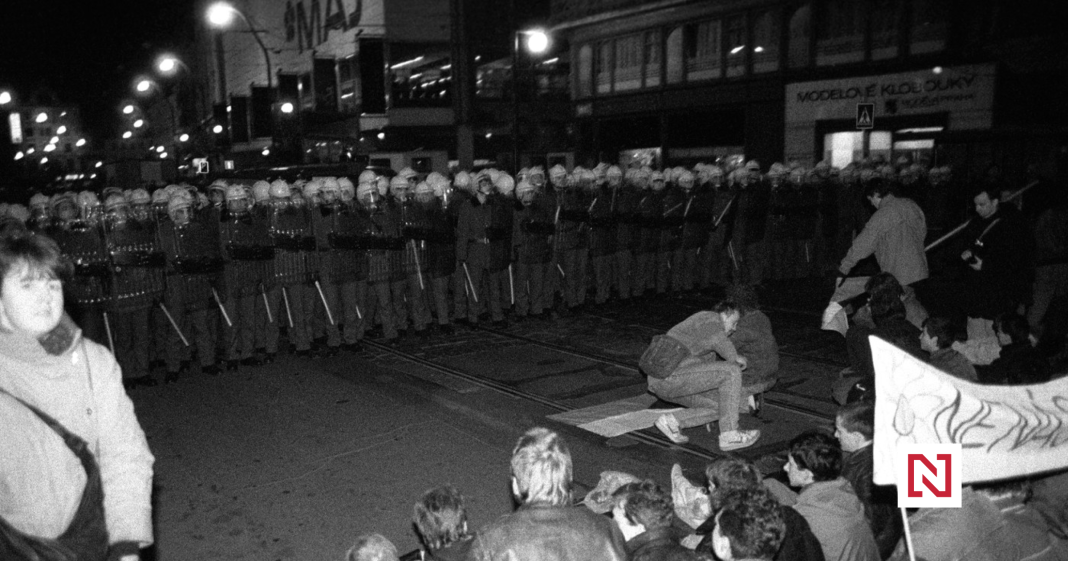In a world where social connectivity is just a click away, the desire for acceptance remains deeply rooted in our psyche. A Prague-based psychologist offers profound insights into why this need is so pivotal and how one can achieve authenticity while navigating societal expectations.
The Psychological Basis of Acceptance

Acceptance stems from our evolutionary past, where belonging to a group was essential for survival. This primal instinct persists today, affecting our mental health and overall well-being. Feeling accepted is linked to affirmations of our identity, which in turn fosters self-esteem and contentment. However, when one does not feel accepted, it can lead to feelings of isolation and doubt, impacting both personal and professional areas of life.
According to psychological studies, the drive for acceptance shapes much of human behavior, influencing decisions and actions. Social acceptance can significantly affect how individuals perceive themselves and their place in the world. In a city like Prague, known for its vibrant cultural tapestry, understanding these dynamics can be particularly beneficial for both locals and expatriates seeking to establish a sense of belonging.
Balancing Acceptance and Authenticity

While acceptance is crucial, living authentically is equally important. Authenticity means being true to oneself, in actions and beliefs, without succumbing to external pressures. Yet, finding this balance can be challenging. To achieve it, individuals must develop self-awareness and prioritize personal values over societal expectations.
Experts suggest that fostering genuine relationships, where mutual respect and understanding exist, can aid in achieving authentic living. Prague, with its diverse community and rich cultural interactions, provides an ideal backdrop for exploring different perspectives, which can enhance authenticity while maintaining acceptance.
Practical Steps to Embrace Authenticity

Embracing authenticity involves several practical steps. First, reflection and self-assessment are vital. Identifying personal values and aligning actions with these principles is essential. Journaling and mindfulness exercises can offer clarity and facilitate this introspection.
Next, setting boundaries is crucial. Being clear about one’s limits and learning to say no can protect personal integrity. This empowerment leads to healthier dynamics and fosters environments where genuine connections flourish, thus naturally attracting acceptance.
The Role of Community Support

Communities play a pivotal role in nurturing acceptance and authentic living. Engaging in community events and local activities can enhance a sense of belonging. Prague’s vibrant community scene offers numerous opportunities for social engagement, from cultural festivals to local workshops.
By participating in these activities, individuals can connect with like-minded people and create support networks, fostering both acceptance and opportunities to live authentically. These interactions encourage openness and allow individuals to express their true selves in inclusive environments.
In conclusion, while the need for acceptance is deeply embedded in human nature, living authentically provides profound satisfaction. By understanding and balancing these aspects, individuals can lead fulfilling lives enriched by meaningful connections and a strong sense of self.





